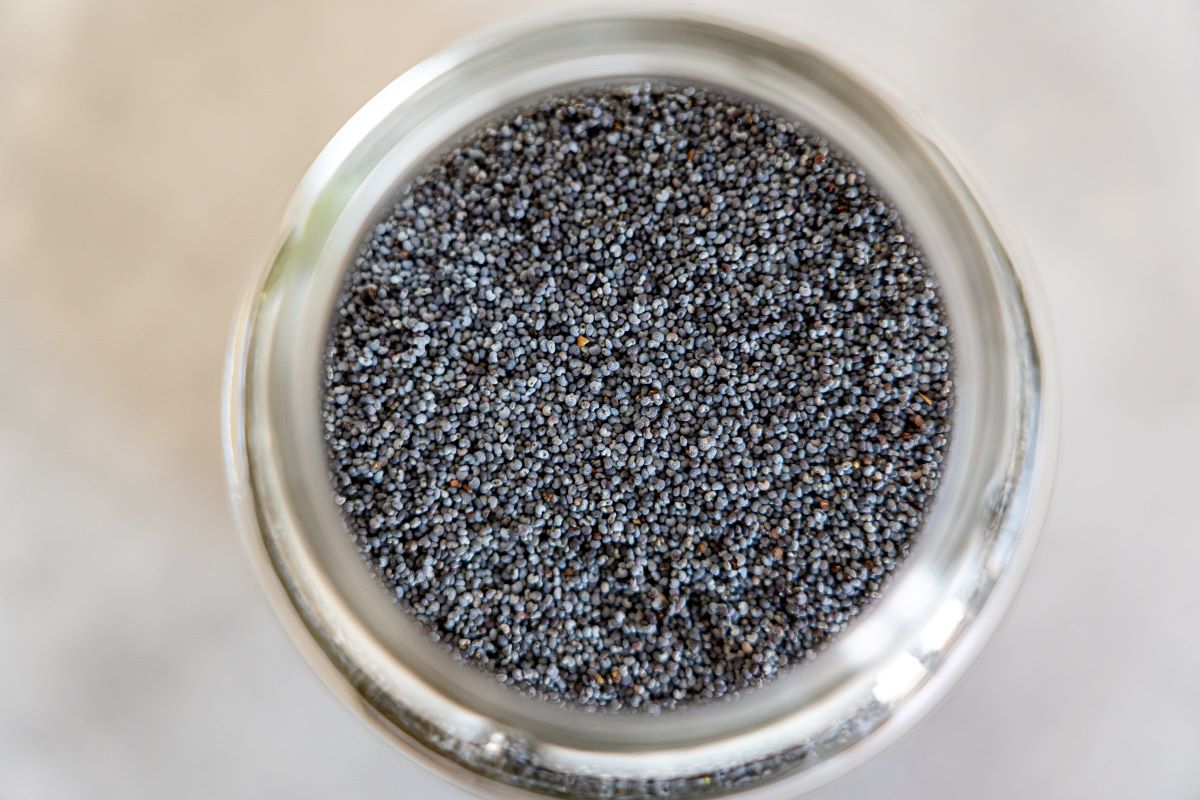Chia seeds are a superfood that has gained an immense amount of popularity in recent years due to its stellar nutritional profile. Many have embraced this food to boost their health, but before incorporating it into your diet, it is important to understand the potential side effects of eating chia seeds. In this blog post, we will explore the potential benefits of chia seeds as well as possible side effects and recommendations for safe consumption.
Introduction
Chia seeds are becoming an increasingly popular health food and superfood due to their nutritional value. But just like anything else people consume, there can be potential side effects or risks associated with their consumption.
In this blog post, we will explore the potential side effects of eating chia seeds in order to inform readers on how they can make healthy choices when it comes to incorporating chia seeds into their diet.
Potential Benefits Of Chia Seeds
Adding chia seeds to your diet can offer various potential health benefits, such as helping with weight loss, reducing inflammation, and boosting energy. Chia seeds are high in fiber and protein, two nutrients that will help you feel fuller for longer and potentially decrease calorie intake overall. In addition, chia seeds are a great source of omega-3 fatty acids which may reduce inflammation and improve blood pressure levels.
Finally, the small amount of caffeine found in chia seeds can provide an extra boost of energy to get through long days or keep gym workouts energized. Eating chia seeds regularly may benefit overall health while keeping calories low when substituted for other higher-calorie foods.
Possible Side Effects Of Eating Chia Seeds
Chia seeds are packed with essential nutrients, such as omega-3 fatty acids and protein, making them a healthy addition to the diet. But, like with any food, there are potential side effects of eating chia seeds that people should be aware of before adding them into their diet. For instance, consuming large amounts of chia seed could lead to digestive issues due to their high fiber content.
Additionally, if you have allergies to other seeds or nuts such as sesame or flaxseeds then chances are you’ll be allergic to chia seeds too. Finally, those taking certain medications should consult with their doctor before introducing chia seeds in their diet because it can interact with certain prescriptions. All in all, while adding chia seeds into your diet can provide many health benefits and nutritional value, it is important to be mindful of any potential side effects that may occur when including this superfood in your daily routine.
Signs To Look For
When consuming chia seeds, it’s important to be aware of the potential side effects they can bring. While there are many reported health benefits associated with eating chia seeds, some people may experience adverse reactions. Signs to look for include abdominal pain, cramps, bloating, gas and diarrhea.
Other commonly reported symptoms are nausea, headaches and rash. If you experience any of these symptoms after eating chia seeds, it’s important to contact your doctor immediately as they could be signs of a serious allergic reaction. Additionally, if you’re on any medications or have a medical condition such as diabetes or hypertension, it’s best to consult your doctor before adding chia seeds into your diet.
Recommendations For Safe Consumption
When it comes to consuming chia seeds, it is important to practice moderation. As with any food, eating too much can cause adverse side effects such as digestive issues. It is recommended that you start slow and increase your consumption gradually as your body adjusts.
In addition, make sure to hydrate properly when consuming chia seeds as they absorb up to 10 times their weight in water. Lastly, consult with a registered dietician or physician before drastically increasing your intake of any food item. By following these simple recommendations for safe consumption, you are helping to ensure that you reap the many potential benefits of chia seeds without experiencing any unwanted side effects.
Conclusion
In conclusion, eating chia seeds offers numerous health benefits and can easily be incorporated into your diet. Despite the potential side effects, such as gas and bloating, they are generally mild and temporary.
If you have any concerns about consuming chia seeds or any other food item, speak to your doctor before adding them to your diet. Since they have so many potential benefits, eating chia seeds could become a great addition to your healthy lifestyle!


